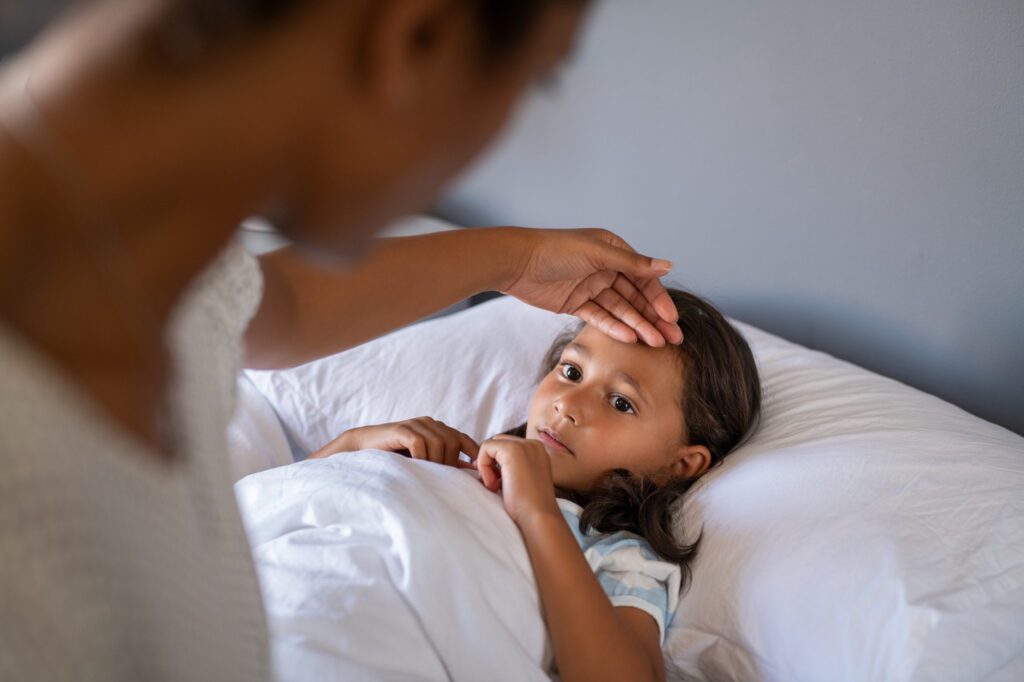Disclosure :: This post is sponsored by Baton Rouge General.
Can Kids Get “Long COVID” After Coronavirus Infections?

The short answer is yes, but researchers are still working to determine the frequency and severity.
While children were mostly spared from COVID-19 in the first waves of the pandemic, now more children are being infected with the Delta variant, and researchers are anxious to uncover the potential impact long COVID could have on children under 12 who are not yet eligible to receive a vaccine.
Most people who get COVID-19 recover within a few weeks while others experience long COVID with health problems lasting four or more weeks after first getting infected. The full effects of COVID-19 on the body are still being discovered, but COVID-19 is known to primarily affect the lungs and can cause damage to other organs. For example, adults and children can experience multisystem inflammatory syndrome (MIS-C), in which the heart, lungs and brain become severely inflamed after having COVID-19. Experts don’t yet know what causes some kids to have long-term COVID-19 symptoms but that obesity and underlying disease, just as with adults, are thought to be risk factors that put them at risk for serious illness.
A recent study estimates that 1 in 25 children reported at least one symptom that lasted longer than 12 weeks. The study also found that older children (aged 12-17) were more likely to have long COVID symptoms than children aged 5-11. Research from King’s College London shows that children aged 5-17 reported these long COVID symptoms most commonly:
- Fatigue (55%)
- Fever in children aged 5-11 (44%)
- Headache (62%)
- Sore throat in kids aged 12-17 (51%)
- Children also reported having depression or anxiety, chest pain, trouble thinking or concentration, and dizziness upon standing. (Read about the most common long-term effects from COVID in adults here.)
While researchers continue to uncover the hows and whys behind long COVID, the good news is that children are less likely than adults to be affected by symptoms that persist, recur, or begin a month or more after infection. If you suspect your child may have long-term effects from having has coronavirus, contact your pediatrician right away. The best form of protection for your child is to get vaccinated, wear a mask when in crowds and keep hands clean to help slow the spread of COVID-19.



















